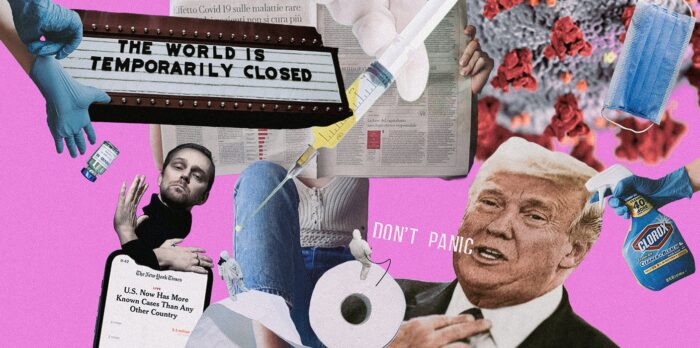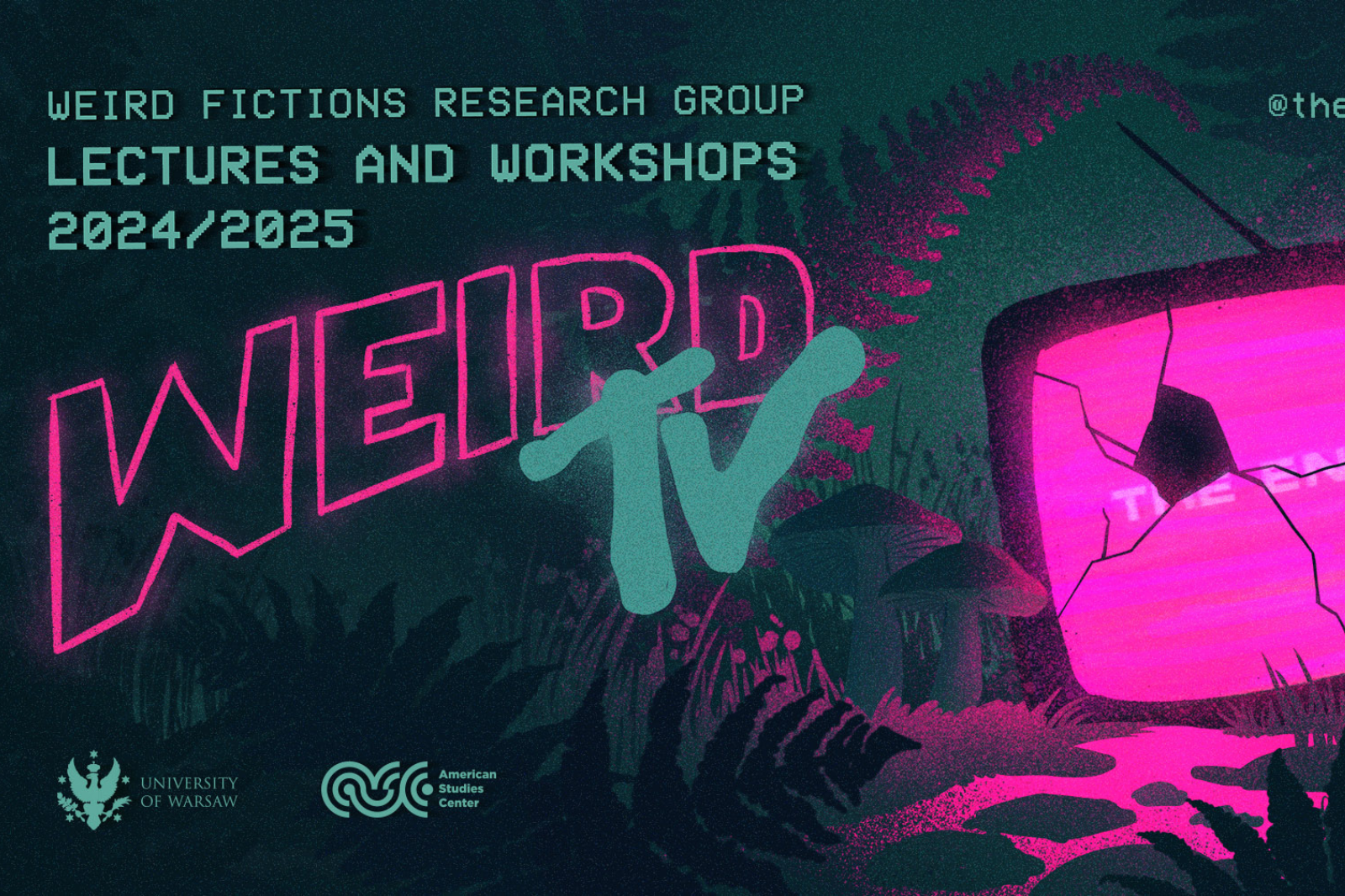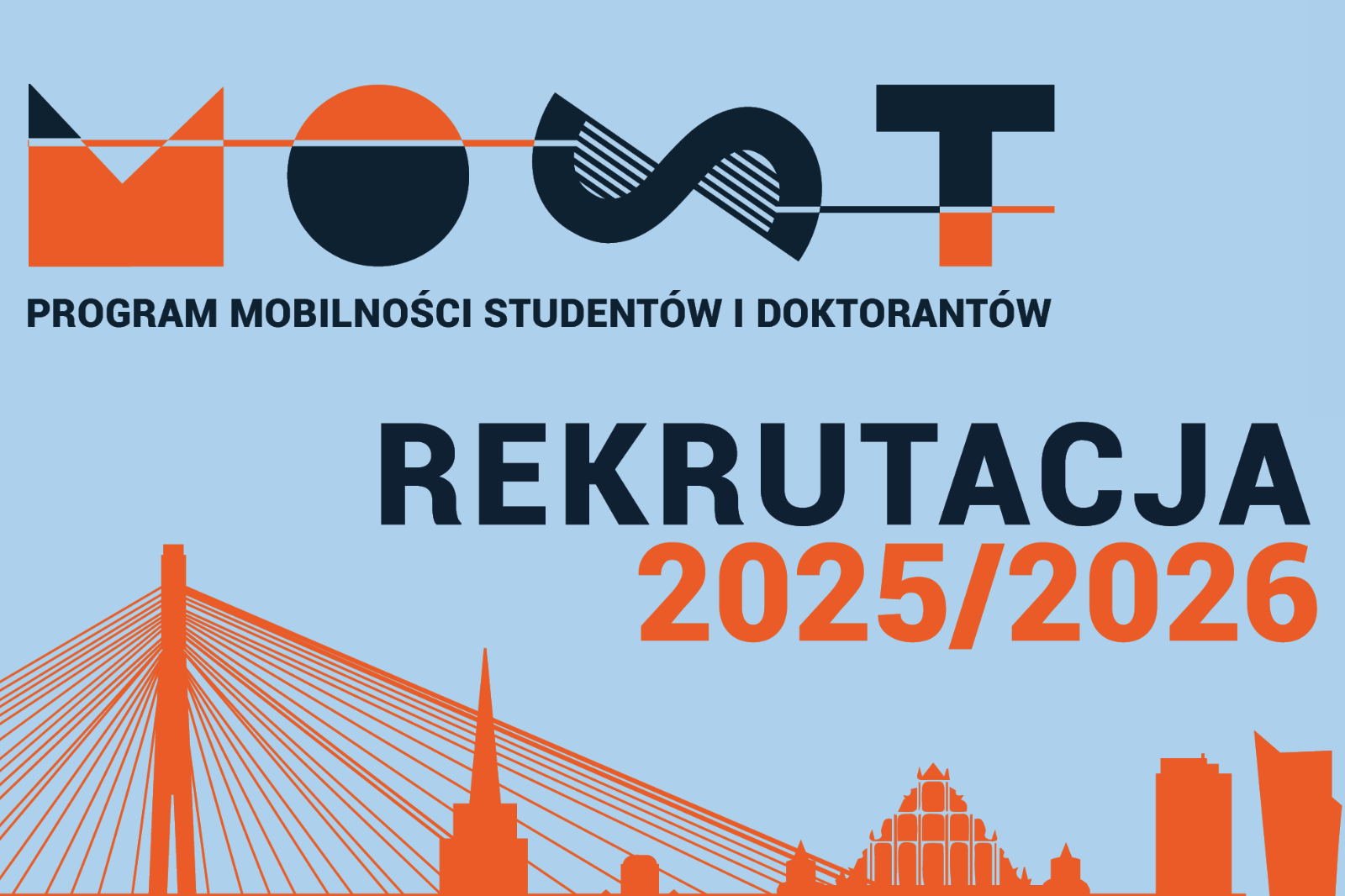We are pleased to announce a series of seminars by
Raymond Malewitz
(Oregon State University)
The (Early) Literature of COVID-19
Mondays, March – May 2022
5:00 p.m. – 6:15 p.m.
You can get 2 OZN points for participating in a single session, and you will be granted 15 OZN for taking part in all five seminars.
Check how to collect OZN points online here.

Where?
Sessions will be held via Zoom on Mondays (5:00 p.m. – 6:15 p.m.) under the same Zoom link throughout the summer term. To attend, click the button below, and join the meeting.
Meeting ID: 880 9638 7276
Passcode: 895373
What?
This open seminar will explore initial literary responses to the ongoing SARS-CoV-2 pandemic, offering participants opportunities to talk through this world-changing event. Each out of five sessions will be organized around a different theme and will pair a small set of literary texts with an appropriate theory or news source. By the end of the seminar, participants should be able to not only identify but also to interpret and evaluate common features of early COVID literature within and beyond the United States.
Who?
Raymond Malewitz is an Associate Professor of English at Oregon State University. He is the author of The Practice of Misuse: Rugged Consumerism in Contemporary American Culture (Stanford University Press, 2014) and has published essays in journals such as PMLA, Critical Inquiry, Modern Fiction Studies, and Configurations and in popular news outlets such as The Washington Post. His current book project is a cultural history of animal diseases and their management. Prof. Raymond Malewitz is a Fulbright Distinguished Chair of American Studies at the University of Warsaw during the Spring term 2022, where he teaches two classes and delivers a lecture for the American Studies Colloquium Series.
Session I
COVID Storytelling
Monday, March 28, 2022
5:00 p.m.
Description: SARS-CoV-2 viruses are invisible but their effects (in aggregate) extend over immense geographical spaces. These very different scales present sizeable challenges for Western narratives, which typically represent individual human characters’ purposeful struggles to resolve local conflicts. In this opening session, we will examine some ways that COVID authors have reimagined their narratives to try to tell the story of a nation and a world under lockdown. We will also examine Susan Sontag’s hallmark cultural theory of disease, which testifies to the difficulty of representing illness in literature.
Readings:
Sontag from Illness as Metaphor
Yu “Systems”
Thummler “Sort of Together & Mostly Apart”
Session II
COVID and the Healthy Carrier
Monday, April 4, 2022
5:00 p.m.
Description: SARS-CoV-2 spread so quickly and widely around the world in large part because of a different kind of representational challenge: its symptoms were often difficult to detect. The original virus had an incubation period of over 5 days, and during this time, infected people could and did transmit the virus to others. In this second session, we will examine the figure of the healthy or asymptomatic carrier in COVID narratives. We will first frame the discussion through Patricia Wald’s characterization of the healthy carrier in “outbreak narratives” before turning to two very different responses to this ubiquitous figure of the present.
Readings:
Wald from Contagious (pp. 1-10, 16-17, and 21-23)
Mao “Batshit”
Tobocman “Apocalypse of Ignorance”
Awad “A Blue Sky Like This”
Session III
The Complicated Biopolitics of COVID
Monday, April 25, 2022
5:00 p.m.
Description: Because of its threat to human life and livelihood, SARS-CoV-2 encouraged Western governments to attempt to manage the outbreak. But as the last two years make clear, emergent biopolitical systems and policies faced fierce headwinds from a variety of demographic groups—not only those of the hard-right in various Western states but also (at least initially) from cultural theorists of decidedly different political orientations. In this third (and least US-centric) session, we will consider how the biopolitics of SARS-CoV-2 complicates to older 20th-century discussions of biopolitics and, at the same time, speculate on what new models of biopolitics might replace them within and beyond the United States.
Readings:
Foucault from “Right of Death and Power Over Life”
Agamben “The Invention of an Epidemic”
Springer “Journal of the Kairos”
Cuoto “An Obliging Robber”
Session IV
Whose COVID Story?: Race, Class, and Precarity
Monday, May 23, 2022
5:00 p.m.
Description: The first COVID-19 lockdowns of 2020 encouraged many American writers to propose that the nation (and indeed the world) was living through a singular collective pause, one that enabled us all to break from our daily routines and to reconsider life on a planetary scale. In her poem “Crown Prayer,” for example, Sarah Arvio writes that “from day to day there’s no certainty / of another day / though this has always been true / from the beginning of life.” In this fourth session, we will ask if these oddly utopian collectivist characterizations are suitable responses to a pandemic whose negative effects were felt most prominently by marginalized groups within and beyond the United States.
Readings:
CDC “Health Equity Considerations and Racial and Ethnic Minority Groups” ”
Orange “The Team”
Smith “Postscript: Contempt as a Virus”
Warren “Naturally”
Steinberg “Ring the Bells”
Session V
The Futures of COVID Storytelling
Monday, May 30, 2022
5:00 p.m.
Description: As early as May 2020, journalists and cultural theorists began to speculate on the coming wave of COVID-inspired literature. This speculation (which also colors many of the stories and poems we have read in this seminar) was fueled in large part by the sense that the pandemic was nearing its end. By the beginning of 2021, multiple COVID-19 vaccines had begun to be administered to the public and new narratives emerged that the U.S. and the globe could look forward to a “hot vax summer” later in 2021. This proposed end of the pandemic would give a final shape to the event, offering authors the opportunity to take stock of what had just happened and opportunities to envision how it should be remembered. In this final session, we will ask how the emergence of delta and omicron variants and the very recent history of the pandemic complicate these efforts.
Reading:
Greene “You Won’t Remember the Pandemic the Way You Think You Will”
Orange “The Team”
William Carlos Williams “Spring and All”



